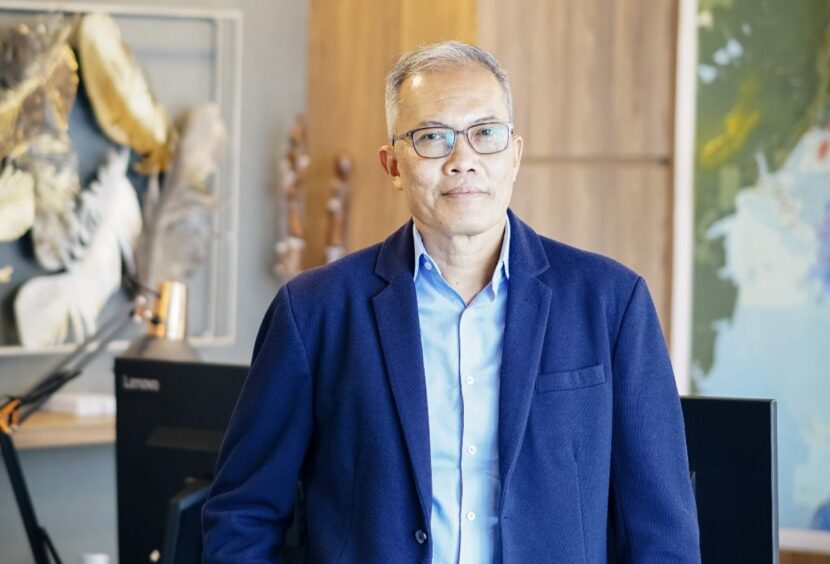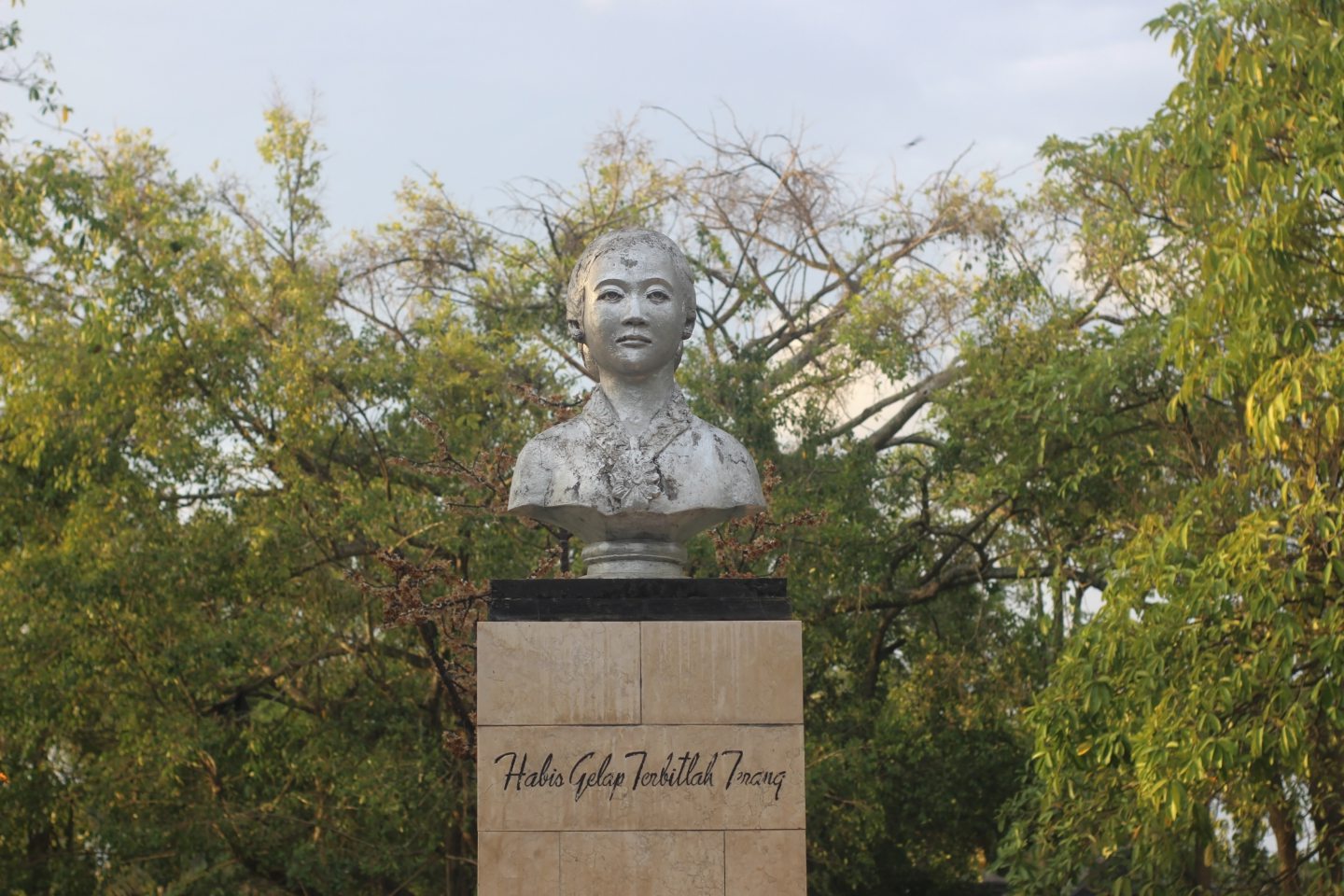
EV sits down with Eko Lumadyo, Neptune Energy’s Indonesia MD and its E,D&I champion, to discuss equality, diversity and inclusion.
“I was brought up in a family where my mum was Muslim, my father was Catholic and initially I was a confused kid,” says Eko Lumadyo of his early years in East Java.
He has an oil and gas career of more than 30 years, the last three of which as Neptune Energy’s managing director for his native Indonesia, but he is only three months into his new mantle as the firm’s Equality, Diversity and Inclusion (E,D&I) champion.
“As I grew older, I became more open minded about everything and we enjoy the celebration of holidays of the two biggest religions!
“It’s a diverse family. When I get together with my brothers it’s a good learning experience every time we talk and have deep conversations about different beliefs, because my younger brother is a dedicated Muslim.
“As long as we respect each other and be open-minded about the differences, we’re doing fine.”
Raised in Asia and schooled in the US, Lumadyo’s past experiences have helped prepare him to bring a culture of openness and inclusivity into the sector, be that around issues of gender, race, religion or otherwise.
Neptune Energy is preparing a series of E,D&I targets for the wider business, and Lumadyo’s home of Indonesia is a strong base to launch that effort; a republic of 13,000 islands of varying cultures and dialects, the national motto means “unity in diversity”.
Lumadyo sees strong progress on E,D&I across the industry in recent years, but that doesn’t mean there isn’t work to do. Southeast Asia itself can point to areas of success and challenge within the field.
Representation for women can be viewed as one of the successes, with a prime example being state oil firm Pertamina which has had two female CEOs since 2009.
The country also has a national day of celebration for Kartini; a Javanese noblewoman born at the tail-end of the 19th century whose letters made her a symbol of Indonesian independence and advocacy for Indonesian women’s rights.
During adolescence, tradition saw her secluded at home and unable to progress to higher education, but her letters to European friends were posthumously published, outlining concern for Indonesians under the plight of Dutch colonial rule and restricted roles for women.
“Every 21st of April we celebrate that willpower, that vision, to be an independent woman and be a female leader in Indonesia,” says Lumadyo, who wants to funnel that national spirit into his own company’s efforts.
To that end, Neptune has its “KISS” programme (Knowledge Insight Skill Sharing) designed to encourage female students into STEM subjects.
Recent events have seen a webinar with over 150 students addressed by some female leaders within Neptune like Andrea Guerra, its vice president of subsurface and Lumadyo’s predecessor as E,D&I champion.
Where more progress may be needed for Southeast Asia, is in areas like LGBT inclusivity, where laws are generally harsher than the West.
“If I look at Indonesia generally it’s not as open as, you know, the community in the Netherlands or other places, but it doesn’t mean we don’t respect others who have different opinion or different choices in their life,” says Lumadyo.
The policy is firmly on equal opportunity at Neptune, and he says that, beyond it being the right thing to do, it makes good business sense.
“We are a high risk and high reward business. If you have a team that is more diverse and you have a culture that encourages inclusivity, that creates an environment where people are feeling free to speak up.
“That brings the next step where you can as leaders make a better decision on certain matters, like safety leadership on-site and decisions on your portfolio, M&A, the whole thing.
“E,D&I is getting better in the industry but it doesn’t mean we don’t have room for improvement. This is why we call it as a journey, you keep walking, there is no final destination, you just have to be in a better place with time.”
Recommended for you


 © Shutterstock / MaxAsrory
© Shutterstock / MaxAsrory